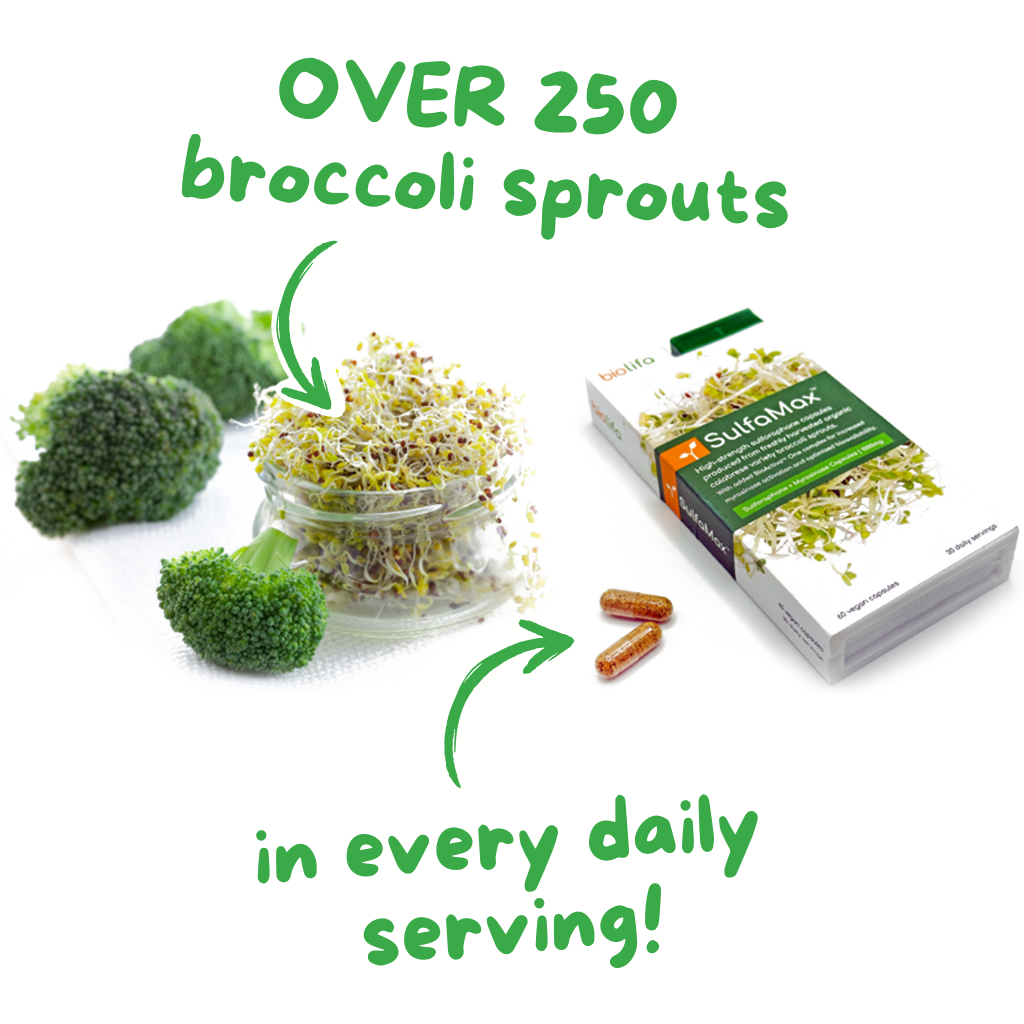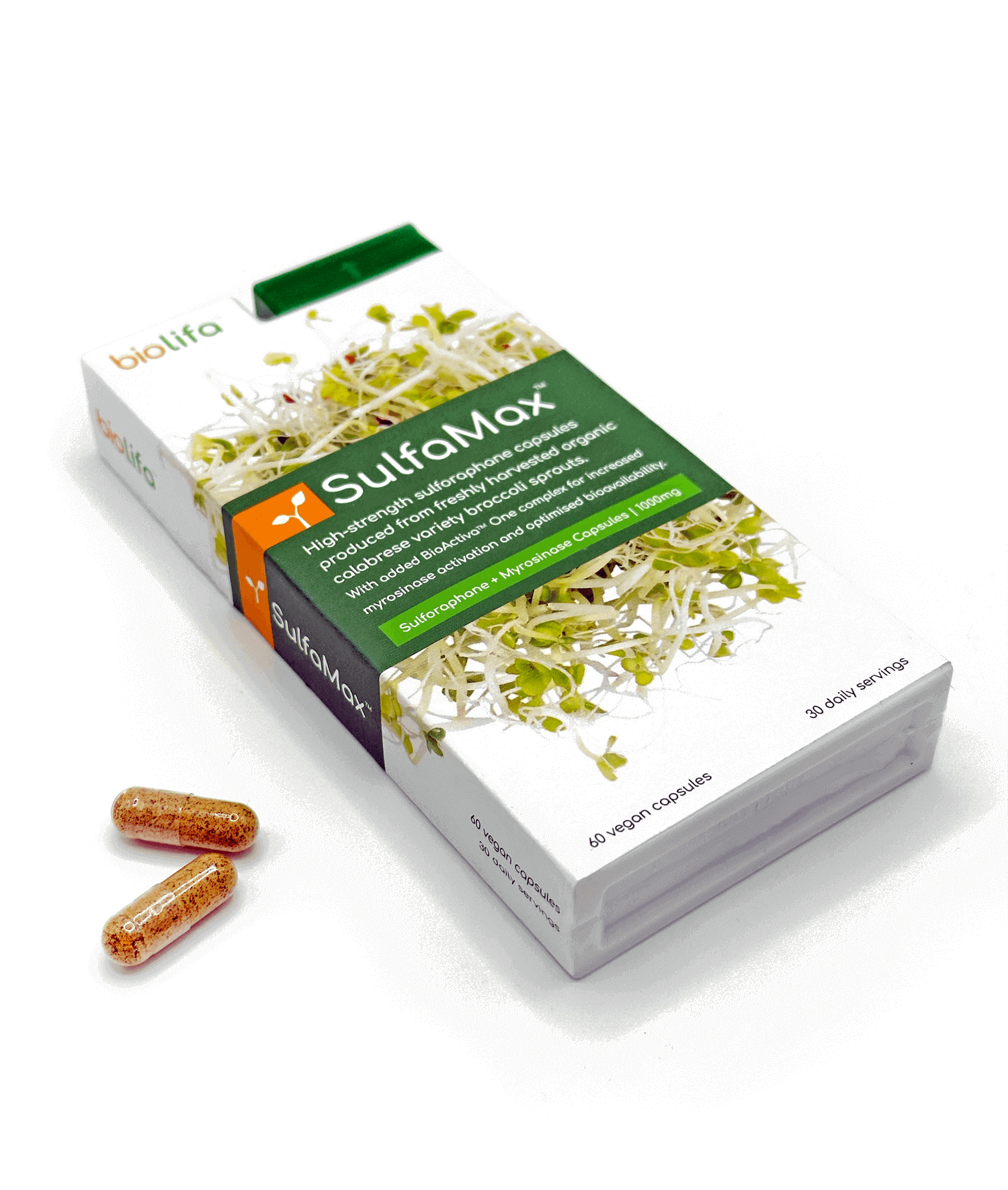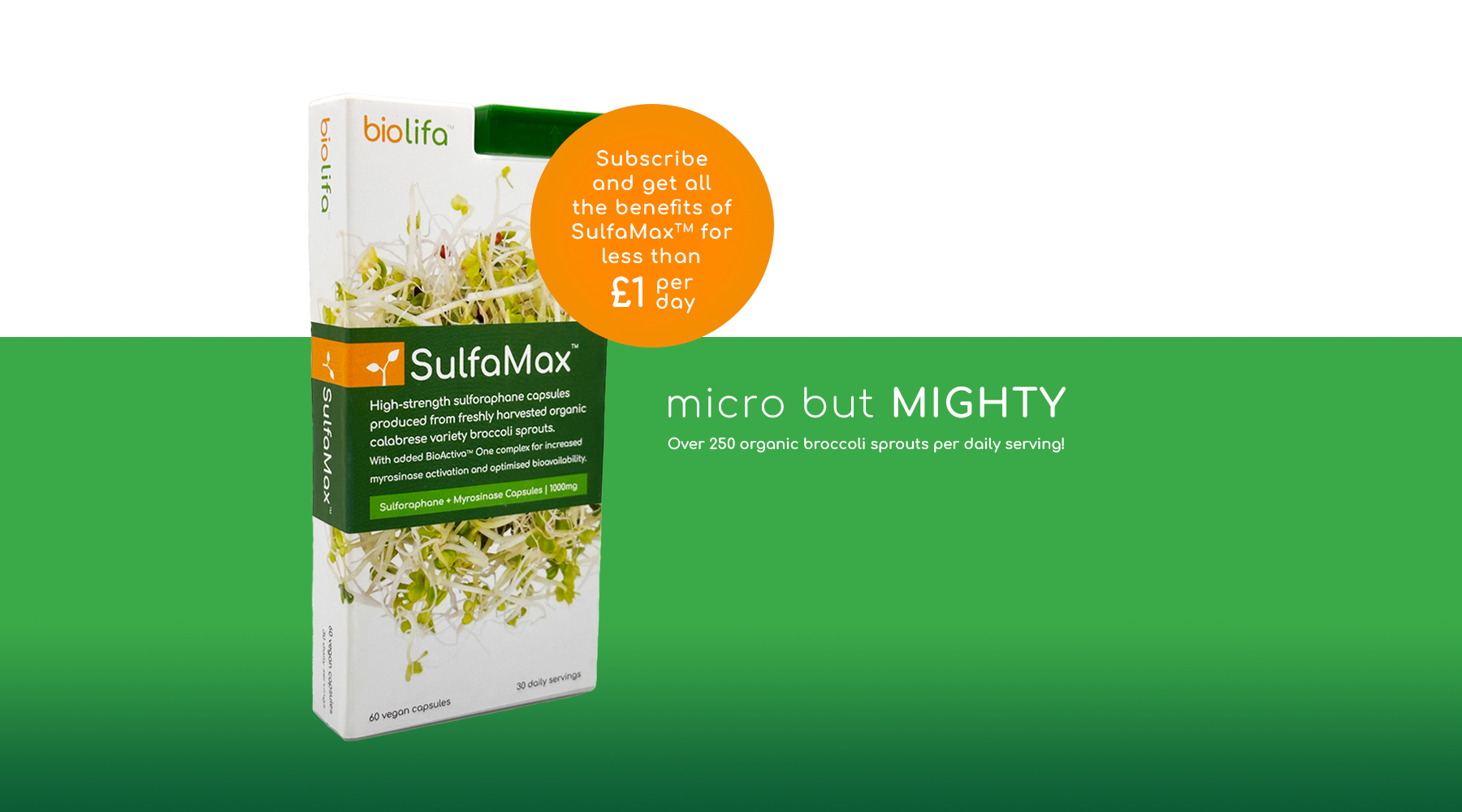Sulforaphane has gained attention for its numerous health benefits, including its ability to regulate blood sugar levels. In this article, we will explore how sulforaphane can help regulate blood sugar levels and improve overall health.
What is Blood Sugar Regulation?
Blood sugar regulation is the process by which the body maintains a stable level of glucose in the bloodstream. Glucose is the primary source of energy for the body's cells, and blood sugar levels that are too high or too low can cause serious health problems.
Insulin, a hormone produced by the pancreas, is responsible for regulating blood sugar levels. When we eat carbohydrates, they are broken down into glucose, which enters the bloodstream. Insulin then signals the body's cells to absorb glucose from the bloodstream, where it can be used for energy or stored for later use.
However, if the body's cells become resistant to insulin or if the pancreas does not produce enough insulin, glucose can build up in the bloodstream, leading to high blood sugar levels. This can increase the risk of developing type 2 diabetes, as well as other health problems such as heart disease, stroke, and kidney disease.
How Does Sulforaphane Help Regulate Blood Sugar?
Sulforaphane has been shown to have a number of health benefits, including anti-inflammatory and anti-cancer properties. It has also been found to help regulate blood sugar levels by improving insulin sensitivity and reducing inflammation.
Insulin sensitivity is the body's ability to respond to insulin and absorb glucose from the bloodstream. When insulin sensitivity is low, the body's cells become resistant to insulin, and glucose cannot be absorbed effectively, leading to high blood sugar levels.
Studies have shown that sulforaphane can improve insulin sensitivity by activating a protein called AMP-activated protein kinase (AMPK). AMPK is an enzyme that plays a key role in regulating energy metabolism and insulin sensitivity. Activation of AMPK increases the uptake of glucose by the body's cells, helping to reduce blood sugar levels.
In addition to improving insulin sensitivity, sulforaphane has also been found to reduce inflammation, which can contribute to insulin resistance and high blood sugar levels. Inflammation is a natural response of the body's immune system to injury or infection, but chronic inflammation can lead to a variety of health problems.
One study found that sulforaphane reduced inflammation in the liver of mice fed a high-fat diet, leading to improved insulin sensitivity and reduced blood sugar levels. Another study found that sulforaphane reduced inflammation in human blood vessel cells, which can help to prevent the development of insulin resistance and type 2 diabetes.
Other Health Benefits of Sulforaphane
In addition to its effects on blood sugar regulation, sulforaphane has been found to have a number of other health benefits. These include:
- Anti-cancer properties: Sulforaphane has been found to inhibit the growth of cancer cells and reduce the risk of developing certain types of cancer, such as breast, prostate, and colon cancer.
- Anti-inflammatory properties: Chronic inflammation has been linked to a variety of health problems, including heart disease, arthritis, and Alzheimer's disease. Sulforaphane has been found to reduce inflammation and protect against these conditions.
- Cardiovascular health: Sulforaphane has been found to improve cardiovascular health by reducing inflammation, improving blood pressure, and reducing the risk of heart disease.
- Brain health: Sulforaphane has been found to improve cognitive function and protect against age-related decline in brain function.
How to Increase Your Intake of Sulforaphane
If you want to reap the health benefits of sulforaphane, the best way to do so is to eat a diet rich in cruciferous vegetables. Broccoli, cauliflower, kale, Brussels sprouts, and cabbage are all excellent sources of sulforaphane.
To get the most out of these vegetables, it's important to prepare them properly. Sulforaphane is produced when a compound called glucoraphanin is broken down by an enzyme called myrosinase. Myrosinase is activated when the vegetables are chopped, chewed, or crushed, which is why it's important to eat these vegetables raw or lightly cooked.
If you prefer cooked vegetables, you can still get some sulforaphane by lightly steaming or sautéing them. However, if you boil them or cook them at high temperatures for a long time, you may destroy the myrosinase enzyme and reduce the amount of sulforaphane available.
Another option is to take a sulforaphane supplement. These supplements contain a concentrated form of sulforaphane and can be a convenient way to increase your intake. However, it's important to choose a reputable brand and to talk to your doctor before taking any supplements.
Conclusion
Sulforaphane is a powerful compound found in cruciferous vegetables that has numerous health benefits, including its ability to regulate blood sugar levels. By improving insulin sensitivity and reducing inflammation, sulforaphane can help to prevent the development of type 2 diabetes and other health problems.
To increase your intake of sulforaphane, be sure to eat a diet rich in cruciferous vegetables and prepare them properly. You can also consider taking a sulforaphane supplement, but be sure to talk to your doctor first.
Overall, incorporating more cruciferous vegetables into your diet is a simple and effective way to improve your health and reduce your risk of developing chronic diseases. So next time you're at the grocery store, be sure to stock up on broccoli, cauliflower, and kale – your body will thank you!







